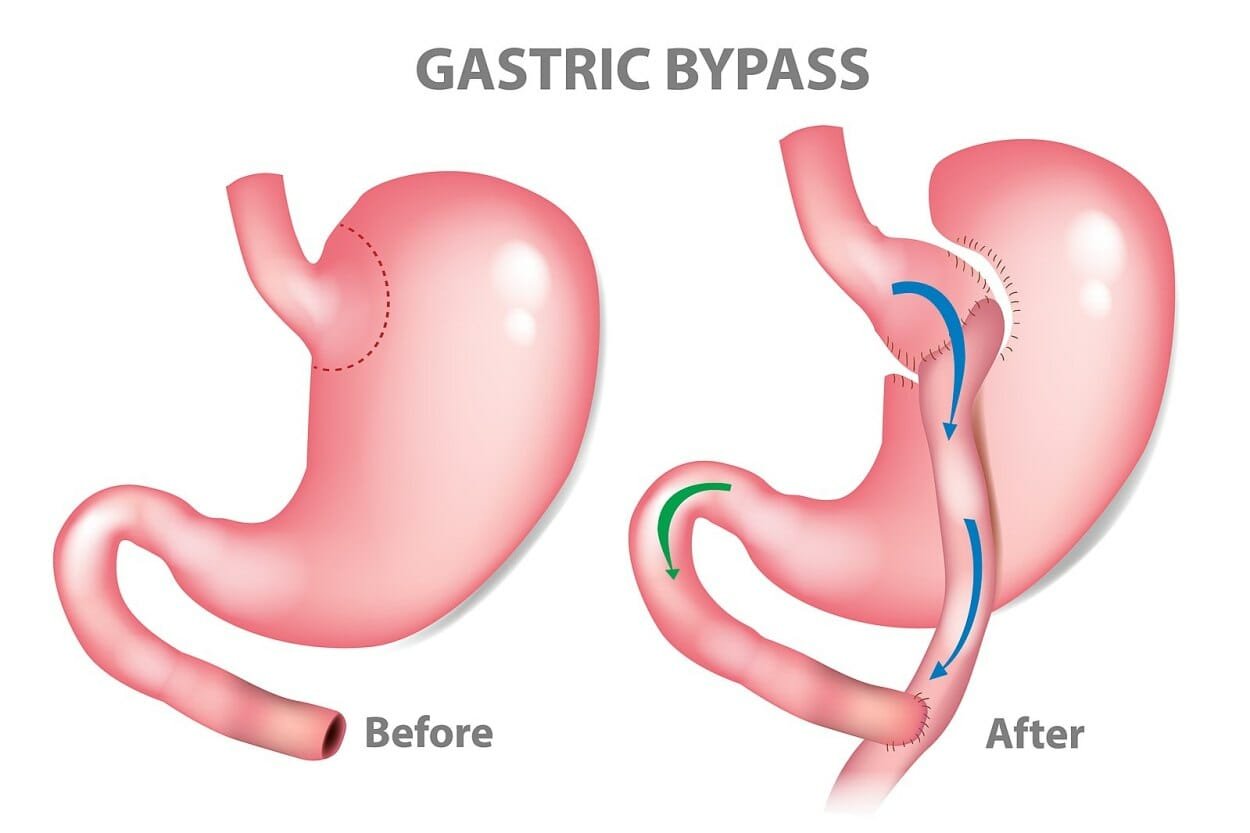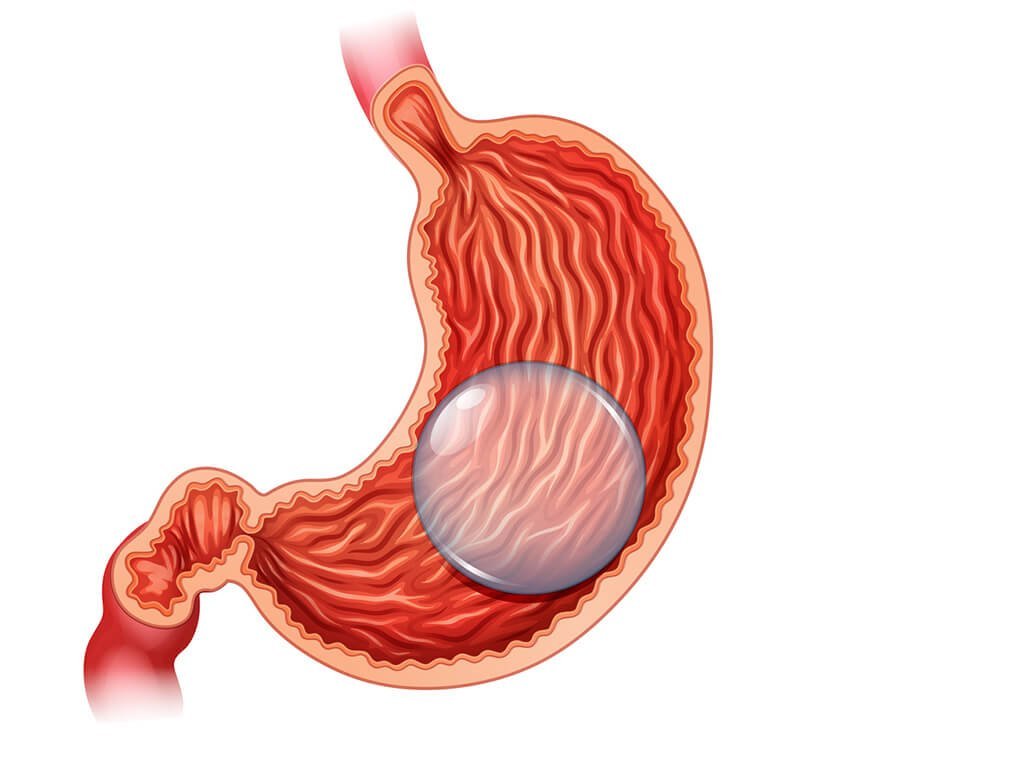Bariatric Surgery: Gastric Sleeve, Gastric Bypass, and Gastric Balloon for Weight Loss and Improved Health
Bariatric surgery has become an increasingly popular option for individuals struggling with obesity and its associated health risks. In this article, we will explore three common types of bariatric surgery: gastric sleeve, gastric bypass, and gastric balloon. We will discuss the procedures in detail, their benefits, the threats posed by obesity-related diseases, and strategies to prevent and address obesity.
Understanding Obesity and Its Consequences
Obesity is a chronic condition characterized by excess body fat accumulation. It is a significant public health concern globally, affecting individuals of all ages. Obesity increases the risk of developing various health problems, including type 2 diabetes, heart disease, high blood pressure, sleep apnea, certain types of cancer, and joint disorders.
Gastric Sleeve Surgery

Gastric sleeve surgery, also known as sleeve gastrectomy, involves the removal of a large portion of the stomach, leaving a smaller, sleeve-shaped stomach. This reduction in stomach size limits the amount of food that can be consumed, leading to a feeling of fullness with smaller portions.
Benefits of Gastric Sleeve Surgery
Gastric sleeve surgery has shown promising results in terms of weight loss and improvement in obesity-related conditions. Studies have reported that patients can achieve an average excess weight loss of around 60-70% within the first year after surgery. Furthermore, this procedure has been associated with significant improvements in type 2 diabetes, high blood pressure, and sleep apnea.
Gastric Bypass Surgery
 Gastric bypass surgery, or Roux-en-Y gastric bypass, involves creating a small stomach pouch and rerouting a portion of the small intestine to it. This restricts the amount of food that can be consumed and reduces the absorption of calories.
Gastric bypass surgery, or Roux-en-Y gastric bypass, involves creating a small stomach pouch and rerouting a portion of the small intestine to it. This restricts the amount of food that can be consumed and reduces the absorption of calories.
Benefits of Gastric Bypass Surgery
Gastric bypass surgery is known for its effectiveness in achieving significant weight loss and improving obesity-related conditions. Studies have shown an average excess weight loss of approximately 60-80% within the first year after surgery. Additionally, this procedure has been found to have a high rate of remission for type 2 diabetes, with approximately 85% of patients experiencing improvement or complete resolution of their diabetes symptoms.
Gastric Balloon
 The gastric balloon is a non-surgical procedure that involves placing a deflated balloon in the stomach through an endoscopic procedure. Once inserted, the balloon is filled with saline solution, reducing the available space for food and creating a feeling of fullness.
The gastric balloon is a non-surgical procedure that involves placing a deflated balloon in the stomach through an endoscopic procedure. Once inserted, the balloon is filled with saline solution, reducing the available space for food and creating a feeling of fullness.
Benefits of Gastric Balloon
Gastric balloon procedures offer a non-surgical option for weight loss. While weight loss outcomes may vary, studies have indicated an average weight loss of approximately 10-15% of excess body weight within the six-month balloon placement period. The gastric balloon can serve as a catalyst for lifestyle changes and motivate individuals to adopt healthier habits.
Threats Posed by Obesity-Related Diseases
Obesity increases the risk of developing many chronic diseases. For example, people with obesity have a higher risk of developing type 2 diabetes. Studies have shown that bariatric surgery can lead to a 40-60% reduction in the risk of developing type 2 diabetes. Additionally, obesity is strongly associated with cardiovascular disease, hypertension, sleep apnea, certain types of cancer, and joint disorders.
Prevention and Management of Obesity
Preventing and addressing obesity requires a multifaceted approach. Here are some strategies that may help you:
Healthy Eating Habits: Focus on a balanced diet rich in fruits, vegetables, whole grains, lean proteins and healthy fats. Limit consumption of sugary drinks, processed foods and high-calorie snacks.
Regular Physical Activity: Exercise regularly, aiming for at least 150 minutes of moderate-intensity aerobic activity per week. Include strength training exercises to build muscle and improve metabolism.
Behavior Change: Address emotional eating and unhealthy behaviors through counseling, support groups, or therapy. Learn coping mechanisms and stress management techniques.
Medical Check-up: Seek guidance from healthcare professionals who specialize in weight management. They can give personalized advice, monitor your progress, and explore treatment options.
Bariatric surgery, which includes gastric sleeve, gastric bypass, and gastric balloon, offers effective solutions for individuals struggling with obesity. These procedures have shown significant weight loss results and improvements in obesity-related conditions. However, surgery should be considered as part of a comprehensive approach that includes lifestyle changes to achieve long-term success. By preventing and managing obesity, individuals can reduce their risk of chronic diseases and improve their overall health and well-being. Consult with healthcare professionals to determine the most appropriate treatment options for your individual needs and goals.



































